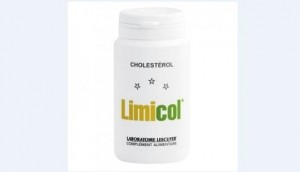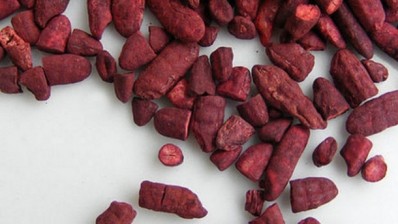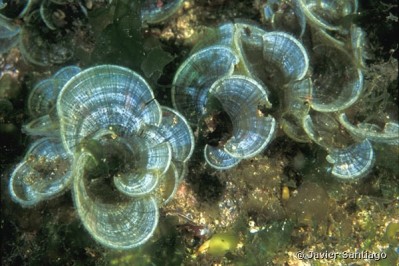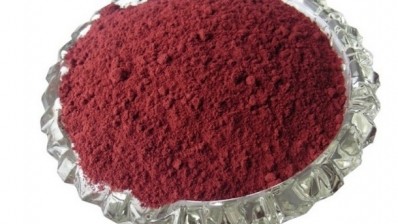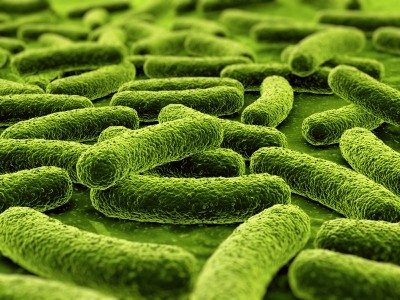Artichoke blend proven to reduce cholesterol in EU
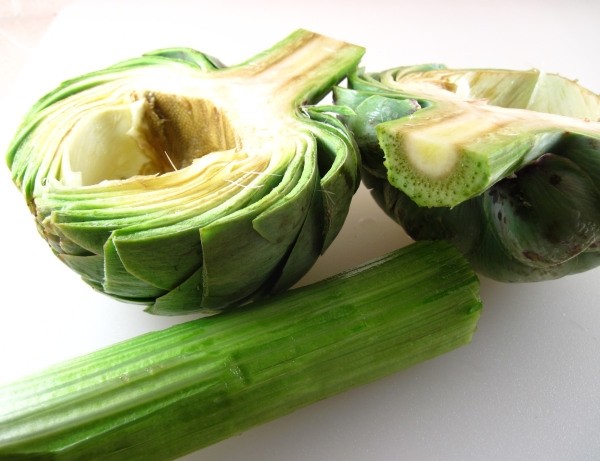
The approval came even as the European Food Safety Authority (EFSA) Panel on Dietetic Products, Nutrition and Allergies (NDA) said little evidence existed to back artichoke extracts and the other herbal ingredients in the overall Limicol-branded blend.
“The applicant claims that monacolins in red yeast rice, sugar cane-derived policosanols and the artichoke leaf extract are the food constituents in Limicol which are responsible for the claimed effect,” the NDA wrote.
“The Panel notes the well-established role of monacolin K at doses of 10 mg per day in lowering LDL-cholesterol [an approved claim already exists].”
“However, the Panel also notes that the available evidence does not establish that any of the other food constituents in Limicol, including policosanols and artichoke leaf extract, exert an LDL-cholesterol lowering effect in humans on their own and that at the proposed conditions of use no evidence has been provided for an LDL-cholesterol lowering effect of any of the food constituents in Limicol, or as to how the ingredients individually or in any combination could contribute to the claimed effect.”
But the three human trials submitted by Laboratoire Lescuyer were specific to the blend and they showed a cholesterol-reducing effect, and so the NDA said causality had been demonstrated.
The claim may not stay the same
The actual claim approved by the NDA is a mouthful and will require modification if it is to be useful to Laboratoire Lescuyer.
It reads: “A combination of artichoke leaf dry extract standardised in caffeoylquinic acids, monacolin K in red yeast rice, sugar-cane derived policosanols, OPC from French maritime pine bark, garlic dry extract standardised in allicin, d-α-tocopheryl hydrogen succinate, riboflavin and inositol hexanicotinate reduces blood LDL-cholesterol concentrations. High LDL-cholesterol is a risk factor in the development of coronary heart disease.”
The NDA also specified dosage for each element of Laboratoire Lescuyer’s Limicol complex blend.
They are:
- 600 mg artichoke leaf dry extract with 30-36 mg caffeoylquinic acids
- 500 mg red yeast rice with 2 mg monacolin K,
- 10 mg sugar-cane derived policosanols
- 20 mg French maritime pine bark extract with 18 mg OPC (Oligomeric Proanthocyanidin Complexes)
- 30 mg garlic dry extract with 0.25 mg allicin
- 30 mg α-tocopherol equivalents
- 5 mg riboflavin
- 9 mg inositol hexanicotinate
Noting that the product should bear the same condition of use restrictions as those that exist for the Merck-owned statin drug Lovastatin under EU medical law, the NDA somewhat unusually added, “that doubling the dose of the food that is the subject of the health claim did not have an additional effect on LDL-cholesterol concentrations.”
The NDA article 14, disease risk factor reduction opinion can be found here.
Laboratoire Lescuyer was not available for comment at the time of publication.
